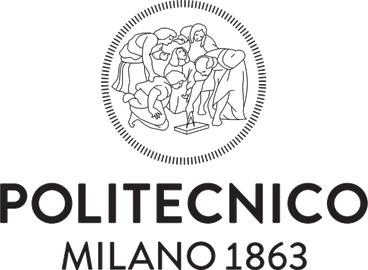Politecnico di Milano: A Step Forward Towards An Artificial Model Of The Pancreas
The collaboration between Humanitas University, Istituto Clinico Humanitas and Politecnico di Milano has led to the creation of an innovative laboratory for the biomechanical and functional characterisation of pancreatic tissue, to create a physical model (phantom) in artificial material for surgeons and trainees to train on, and to identify specific instruments for pancreatic surgery, such as glue and suture threads.
Doctors and engineers work side by side in the same laboratory, located close to the operating theatres, with the capability of transferring fresh tissue samples very rapidly and studying them together using sophisticated instrumentation. As no pancreas phantom exists to date, and there have been few studies on the mechanical characterisation of the organ, this is a unique project.
To further support the research pathway, a PhD scholarship has been launched as part of the PhD in Molecular and Experimental Medicine at Humanitas University, for which applications can now be submitted.
The research laboratory was born from the need of surgeons in the operating theatre: pancreatic surgery is one of the most complex, both because of its location and because of the characteristics of the organ itself. Furthermore, very often the instruments and materials used for pancreatic surgery are not specifically designed for the pancreas but are designed for other organs and then modified. Yet each organ has specific anatomical and functional characteristics: the pancreas, in particular, is responsible for the production of pancreatic juice, which is very corrosive and can erode stitches after surgery, with the possible risk of haemorrhage or infection.
Using a special machine, it is possible to study small portions of pancreatic tissue and identify characteristics such as its elastic form and mechanical strength, and then to work out its comprehensive characteristics.
explains Professor Maria Laura Costantino, President of MEDTEC School, Professor of Industrial Bioengineering and responsible for the Artificial Organs Laboratory, Department of Chemistry, Materials and Chemical Engineering “Giulio Natta” of the Politecnico di Milano.
This will enable innovative and specific materials to be identified for surgical glues and threads to be used in pancreas operations, leading to the development of an “artificial pancreas”: a model made of polymer material that exactly reproduces its shape and all its tactile, elastic and resistance characteristics, so that the surgeon can deal with the pancreas even outside the operating theatre. An important step forward.

